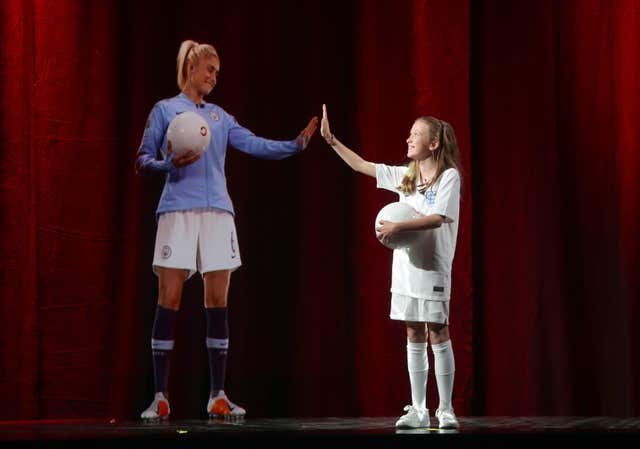5G explained: What is it and how fast will it make smartphone browsing?
O2 has become the latest mobile operator to launch its 5G network, promising faster data speeds in busy areas.
The network is being introduced in six UK towns and cities, after EE, Vodafone and Three 5G launches earlier this year.
But what is 5G and how is it different to current generation 4G?
What is 5G?
5G is the next generation of wireless mobile connections, following the 4G networks currently used by smartphones across the globe.
As the name suggests, this is the fifth generation of the network technology.
It’s here! 🤗 Our #O25G network is now live in London, Belfast, Edinburgh, Leeds, Cardiff and Slough.
Experience the power of #5G today on Britain’s Best Network for Coverage 👉 https://t.co/fQWCutBb3Y
Terms apply. pic.twitter.com/KN1A3VXK4W
— O2 in the UK (@O2) October 17, 2019
How fast will 5G be?
There is no official speed standard for 5G, but many experts expect it to be up to 10 times faster than 4G – and therefore potentially faster than some home fibre broadband.
Ernest Doku, mobiles expert at uSwitch.com, said: “5G is a next-gen network technology that should deliver speeds of up to 10Gbps – on paper, that’s considerably faster than 4G’s top-end speed of 300Mbps.
“In practice though, as we’ve seen with 4G, the speeds will likely be well below that, but real-world tests do show it’s still much quicker than its predecessor.
“Where you’ll see a real difference with 5G is in the speeds you can download Ultra HD and 3D video. At 5G’s theoretical top speed, you could download an entire 25GB Ultra HD movie in about 20 seconds.”

Which networks have launched 5G in the UK?
EE was first to launch its 5G network – at the end of May – starting with six cities: London, Cardiff, Belfast, Edinburgh, Birmingham and Manchester.
Vodafone switched on 5G in Birmingham, Bristol, Cardiff, Glasgow, Manchester, Liverpool and London on July 3.
Three began turning on its 5G network in August and now O2 has begun its rollout.
The process will be a gradual rollout, meaning 5G will not be widely available everywhere for years to come.
How does 5G work?
5G is made up of unique radio frequencies that are broken up into bands. These frequencies are a lot higher than 4G, which means they can support a larger capacity.
Experts say this means more connected devices can be used at one time.
“5G tech also has the capacity to handle the surge in demand for bandwidth generated by the Internet of Things boom,” Mr Doku said.
“5G is considered a millimetre wave technology – with a shorter wavelength than 4G, it has a higher frequency, which gives it a higher bandwidth and consequently ability to handle more data.”
Experts have suggested one potential benefit could be the increased ability to operate data-heavy networks, such as those needed to power autonomous vehicles, in years to come.

How much will 5G cost?
So far, pricing has varied across networks, with costs higher than 4G on some networks given that it is a new technology.
However some have launched with the promise of 5G data plans at the same price as existing 4G deals.
Experts have also noted that, as was seen with 4G’s maturation, prices are likely to fall as 5G becomes more widely available.
5G has opened up many more opportunities and integrating this new technology into new processes can take time and research. The government has created initiatives to help business in times of transition, both R&D tax credits and Patent Box are great ways that companies can access funding to support their next idea. Speak to our team to find out how your business could benefit.

